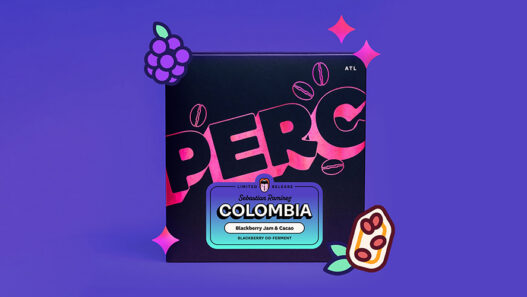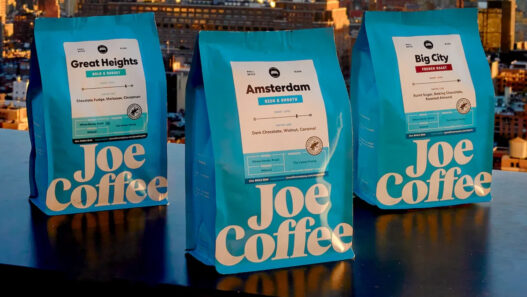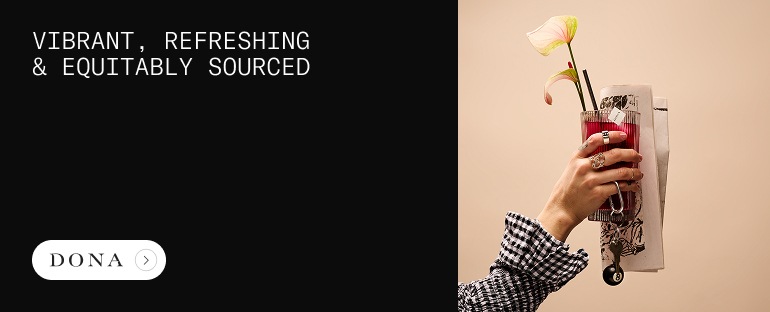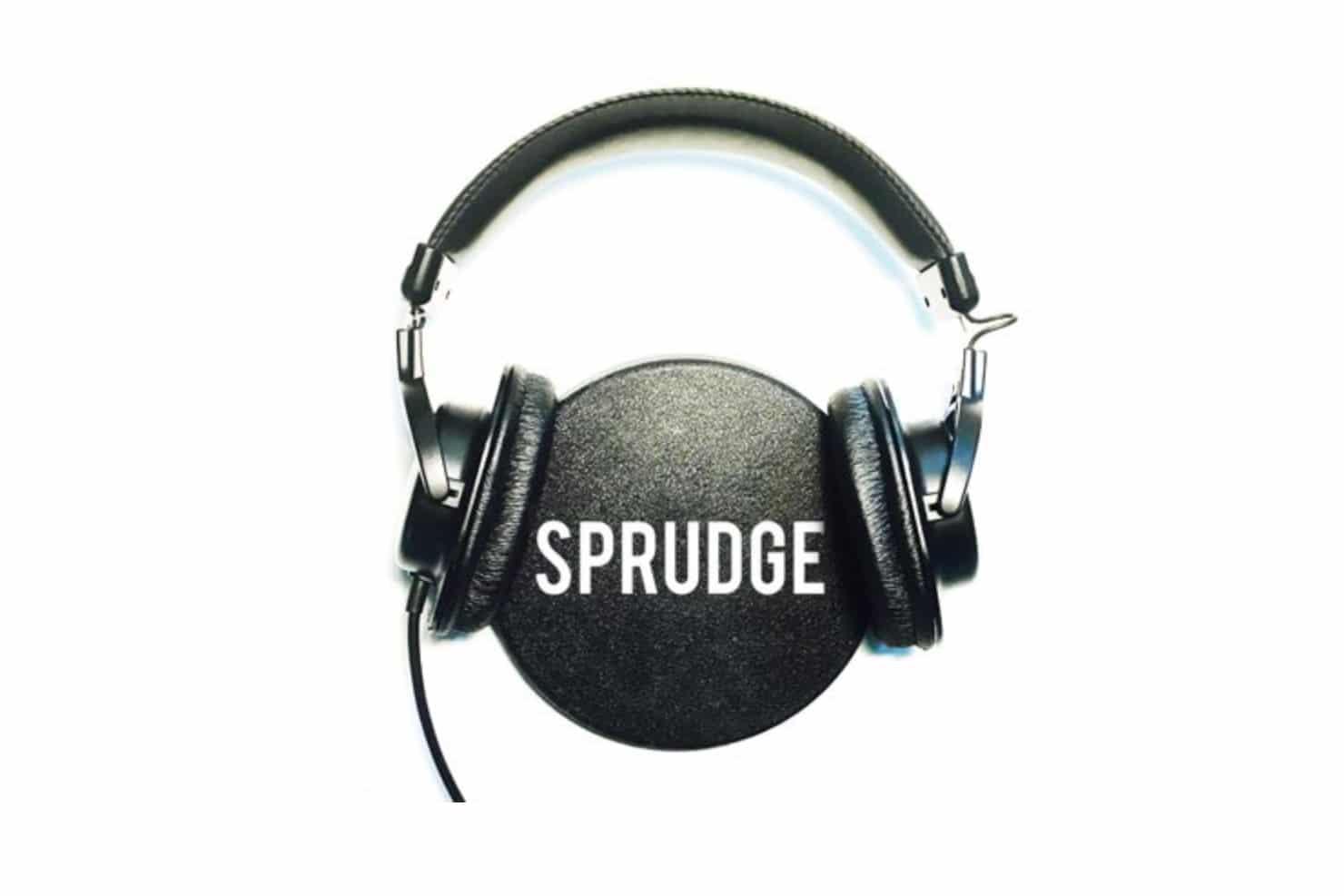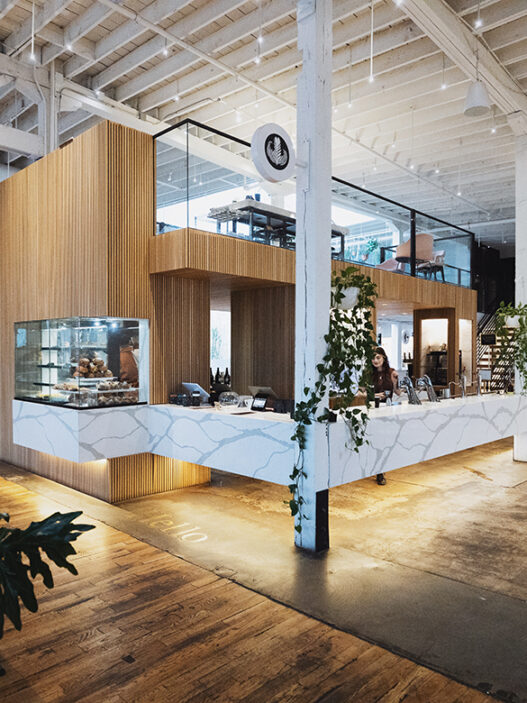
Over the past few months the world has cautiously—and often foolishly—reemerged from their bunkers to dip their toes into the brave new world foist upon us by COVID-19. It’s a world that looks generally the same as before but isn’t quite right. It’s like when Coca-Cola switched up their recipe and everyone hated it; the can was the same but the contents were all wrong. We’re all waiting on the triumphant return of Earth Classic™.
In the interim, though, we all must deal with the vastly inferior product, because frankly what other option do we have? For many, this means the normalizing and accepting as part of one’s daily routine preventative measures to help lessen the spread of the coronavirus. This means masking up anytime you are in public, getting a bloop of disinfectant before entering any retail business (because remember these measures are as much, if not more so, about keeping you from SPREADING the disease as they are about you contracting it), and then another bloop on your way out.
For the coffee-inclined, mask options are plentiful. There are masks that say “coffee” and even masks made of coffee. But where are all the coffee disinfectant options? Thankfully, a team of German scientists are on the case. We may soon have disinfectant made from a coffee byproduct.
The new project is being undertaken by two professors at Jacobs University Bremen in Germany: chemistry professor Nikolai Kuhnert and microbiology professor Matthias Ullrich. Per the press release, the pair “have long been concerned” about the antibacterial and antiviral properties of naturally-occurring substances, in things like quince and rhododendrons. And of course coffee.
Teaming up with Bremen companies ProPure – Protect and Just In Air and thanks to a €100,000 grant from the Bremer Aufbau-Bank, Kuhnert and Ullrich will be developing a new disinfectant that is said to be “more effective… and more widely applicable” than other products currently available, and they are looking to used coffee grounds as the source. For the product, the pair will be using chaff, the fibrous skin around the coffee seed that get discarded during roasting and would otherwise go to waste. Kuhnert states they will be getting their chaff supply from local coffee roasters around Bremen.
Using natural ingredients, the disinfectant will be green, organic, and sustainable. And the hope is that it will thus have a broader application. This could potentially include spraying the new substance in high trafficked areas like airplanes and public transit, or perhaps even using the disinfectant in hospitals during surgeries.
The new coffee-based product is still in the works and as such is a ways away from coming to market. But honestly, we’ve got time. It doesn’t look like this pandemic is going anywhere any time soon. Either way, the possibility of a coffee hand sanitizer is something I’m here for. Just think of all the tried-and-true market loop de loops that could be applied in the name of responsible non-quarantining. Be on the lookout in 2021 for the brand new pumpkin spice nitro cold brew flat white hand sanitizer.
Zac Cadwalader is the managing editor at Sprudge Media Network and a staff writer based in Dallas. Read more Zac Cadwalader on Sprudge.
Top image © Jo Panuwat D








